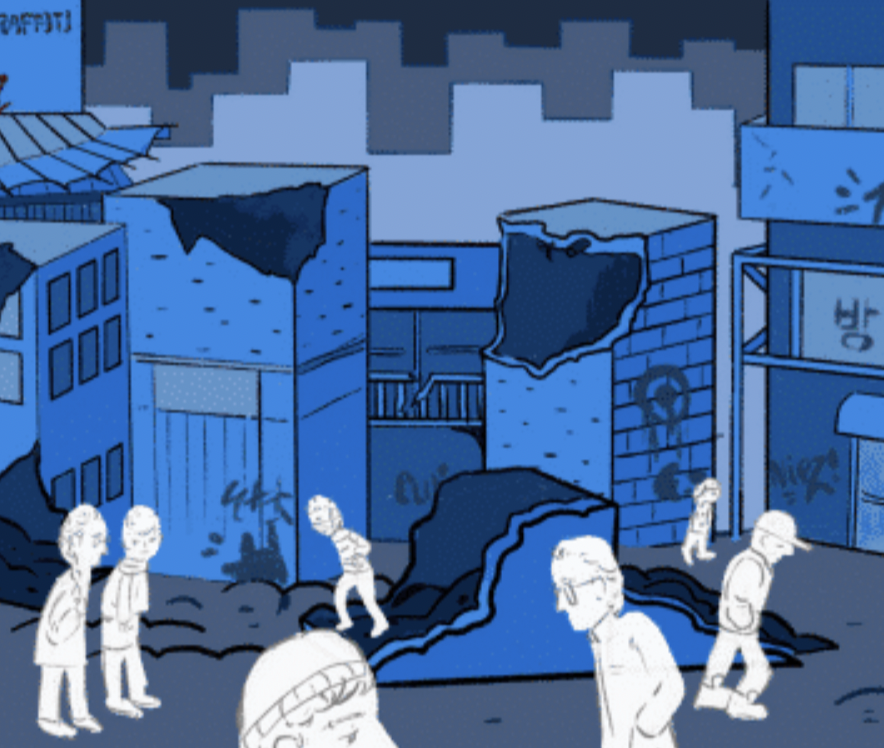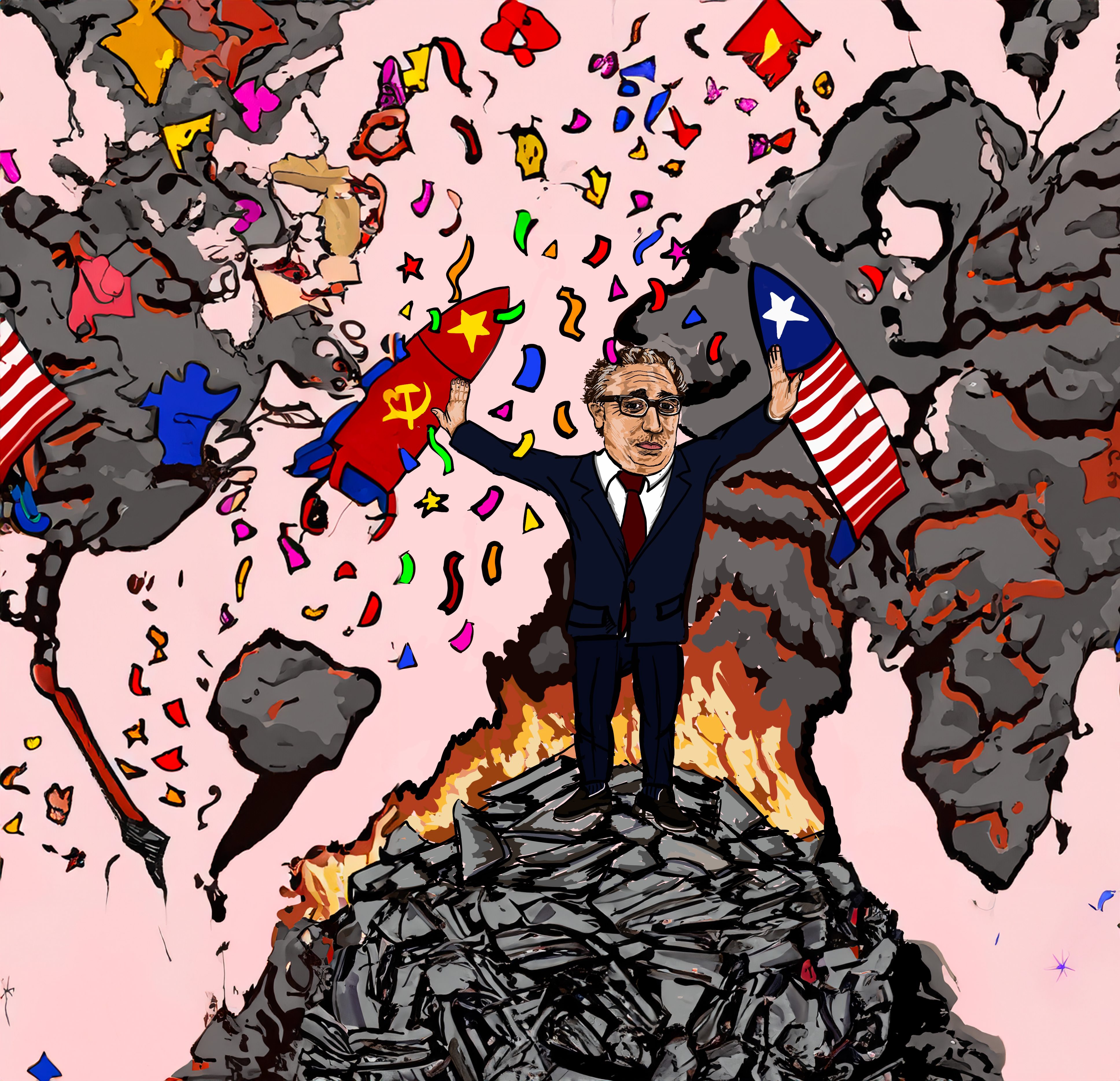
By Ada Tieanworn ’26
In the wake of a recent earthquake, Morocco’s hesitance in accepting international aid has drawn significant attention, igniting controversy and raising questions about their motivations and priorities. Despite the national pride that Morocco hopes to embody with their foreign policies, it is imperative that governments prioritize the immediate well-being of their citizens rather than endlessly consider the repercussions of their dependence on external aid.
Most Western outlets have criticized the Moroccan government for its inability to meet the needs of its citizens; one such voice comes from Lise Storm, a Senior Lecturer in Middle East Politics at the University of Exeter, who argues that Morocco’s selective approach to foreign aid is a result of “a mixture of pride and incompetence.”
Moroccan officials appear determined not to cast their nation as a helpless victim in need of external assistance when faced with a disaster of this magnitude. Instead, they aim to maintain an image of self-sufficiency and demonstrate their ability to mobilize domestic resources to address challenges independently. The stubborn decisions made by Moroccan officials have continued to endanger civilians and have delayed reconstruction.
In fact, it appears that Morroco’s dismissive stance is a reflection of the nation’s desire to avoid falling into political debt to powerful Western countries, especially those that may not reciprocate Morocco’s political interests. In a statement, the Ministry of Interior asserted that they are “continuing to evaluate needs and respond in compliance with international standards;” as such, Morocco has accepted foreign aid from countries such as Saudi Arabia and the United Kingdom but has refused the requests for aid from the U.S. and France.
Morroco’s refusal to receive aid from France has sparked criticism within both countries: Moroccan officials expressed their disdain for the French, whom they believe perceive Morroco as an unstable country in need of assistance, while French officials cannot comprehend why a country would actively deny generous offers for humanitarian aid. Though Morroco’s reluctance to accept support from foreign countries has diminished their attempts at restoration, these clashing stances represent a fatal flaw in Western interventionism — countries like France believe that they are responsible for forcing their aid onto other countries out of a sense of economic and political superiority.
It is evident that the Morrocan government perceived the act of receiving aid as shameful and pathetic. While it’s important for the Morrocan government to adjust its foreign policies to ensure that its citizens receive the necessary resources for relief and restoration, it is imperative that Western countries nurture a foreign aid stance that is not built on a savior complex.




